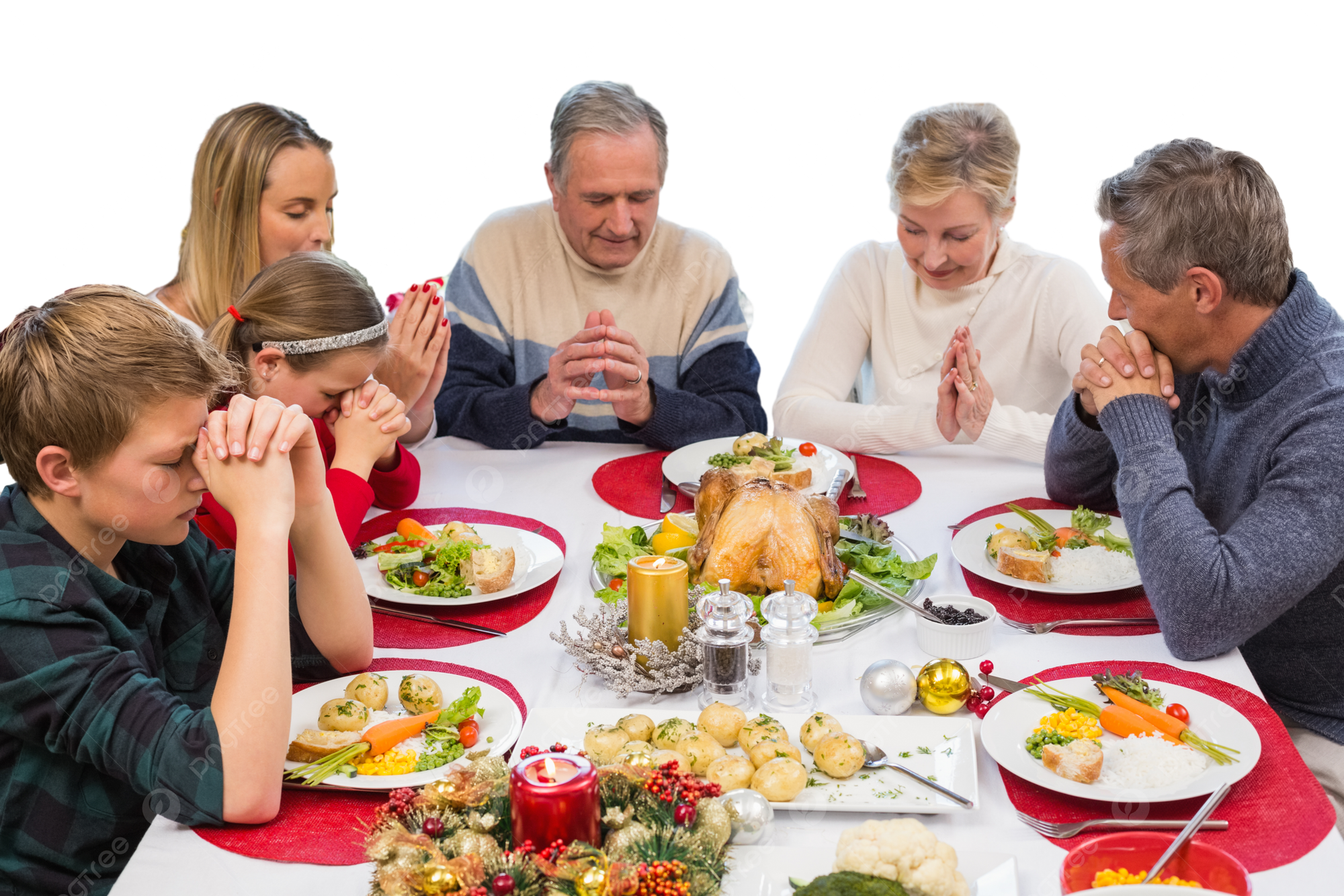The Paleoconservative Perspective: The Family

15 April 2024
By Dr Adi Schlebusch
Introduction
In this series I provide a brief overview of the Paleoconservative perspective on various pertinent socio-political and socio-religious issues facing our civilization today. I purposefully chose the Paleoconservative label as I believe this serves as an ideal umbrella term to include Christian Nationalists, Hoppean Paleo-Libertarians, Federalists and Theonomist Kinists under one category. This second entry of this series pertains to the family as the foundational building block of society.
The family occupies a central place in any Paleoconservative social ontology, reflecting our conviction that respect for the integrity and sanctity of the family is itself foundational to a functioning society, whereas the destruction of the family unit more is often than not the primary reason for civilizational and cultural decline. In contradistinction to the Left, we view the family not merely as a social construct, but as the most vital social institution in all of human life—one that has been sovereignly designed and ordained by God himself.
The Significance of the Family
The family is the primary building block of society. Individuals find their primary identity in the family. The traditional use of last names itself is an indication of how central the family is to human identity. It is in the family that we first learn values such as duty, respect, and loyalty, which are essential for the functioning of a healthy community and society at large. The family also functions as the primary bulwark against government overreach, providing a primary sphere of private governance that organically instils moral and social norms. The family is a sacred institution serving as the covenantal means by which a culture and civilization is perpetuated. One outstanding feature of all forms of Paleoconservative thought on the family is that we propose a broader understanding of the concept that includes not just the nuclear family but also extended kinship relationships. For example, the prominent British philosopher Roger Scruton emphasizes the role of the extended family as a vital socio-cultural unit, arguing that the extended family provides a deeper sense of continuity and belonging than the nuclear family alone:
The family is not merely the heart of society; it is its enduring memory and might extend far beyond the immediate household to embrace grandparents, cousins, and others, each of whom has a part to play in the transmission of moral knowledge. It is through the family that we learn the art of giving and receiving love, and where we are first introduced to the obligations and rewards of trust.1
Challenges to the Family
Several contemporary socio-political and socio-economic fruits of Liberalism in the West threaten the stability and sanctity of the family. These include economic pressures resulting from the systematic prioritization of market values above family cohesion, and especially the modern economic incentives for women to enter the labor market on the one hand, as well as extensive governmental intervention in family matters, whether through welfare policies that can disincentivize family cohesion or through legal definitions that alter traditional family structures on the other hand.
Government and Legal Policies to allow the Family to Flourish
Paleoconservatives advocate for policies that support traditional family structures and values. This includes:
1. Significantly reducing the tax burden upon married couples and families with children, thereby removing an important obsticle to large families and stable family environments.
2. Dismantling the welfare state so as to counter individualist atomization and to allow the extended family to once again serve as the natural, primary means of provision, also in terms of protecting and uplifting the poor and the vulnerable.
3. A shift away from the corporatist management of healthcare, favoring a reduction in the reliance on health insurance companies. The current system, heavily dominated by insurance providers, has led to escalating costs, decreased efficiency, and a bureaucracy that often puts profits over patient care. By dismantling the power of these corporations in favor of a family-based model where the family takes responsibility for healthcare costs, health care can become more affordable and patient-centered. This would involve more direct transactions between families and health care providers, bypassing traditional insurance. With less regulatory and administrative overhead, health care providers could lower costs and improve service quality. Through the expansion of Health Savings Accounts (HSAs) extended families can be empowered to save and pay for medical expenses directly, fostering a more competitive and transparent market in health care services.
4. Educational liberties that respect parental rights and reflect traditional values, including support for homeschooling and other private educational options. Like healthcare, Paleoconservatives also view education as the domain of the family rather than the state.
5. Legal definitions of marriage that conform to historical and traditional standards. Paleoconservatives therefore oppose the legalization of sodomite “marriage.”
Beyond policy measures, it is also important to highlight the need for a socio-cultural reaffirmation of the family. This involves promoting narratives in media, education, and public life that celebrate the traditional family and its roles. Churches also ought to play a pivotal role in this cultural reinforcement, providing moral guidance and support to families.
Conclusion
The family is more than just a mere private concern. It is not merely the product of what “two consenting adults” do in their bedroom. Families form the basis of the nation. A healthy family life is the very cornerstone of national prosperity and societal stability. Policies and cultural norms that reinforce the traditional family are therefore vital in terms of addressing the social and economic ills currently leading to the destruction of Western civilization. Ultimately, the Paleoconservative perspective on the family underscores a broader philosophical commitment to tradition and especially the divinely-ordained creational ordinances as guiding principles for the social order, which Paleoconservatives view as fundamentally Familialist.
1. Scruton, Roger. 2002. The Meaning of Conservatism. 3rd ed., St. Augustine's Press, p. 112.